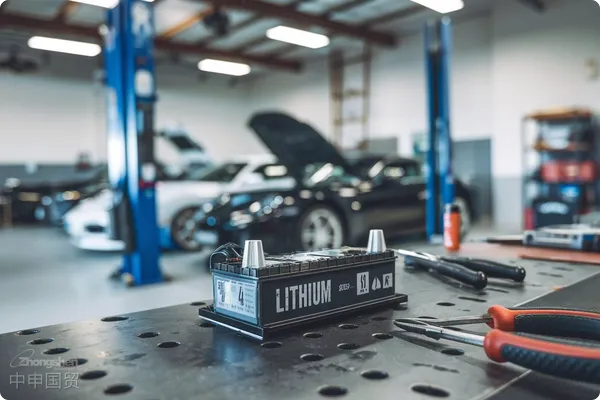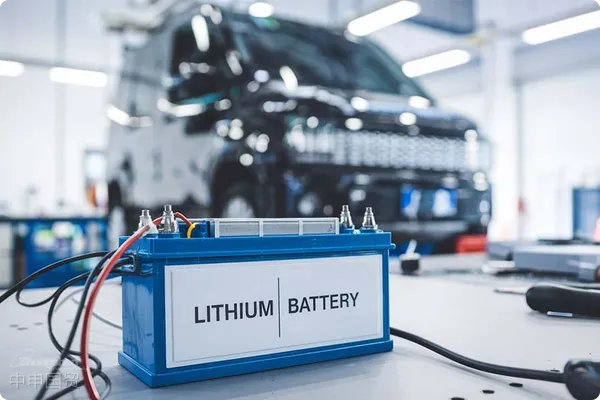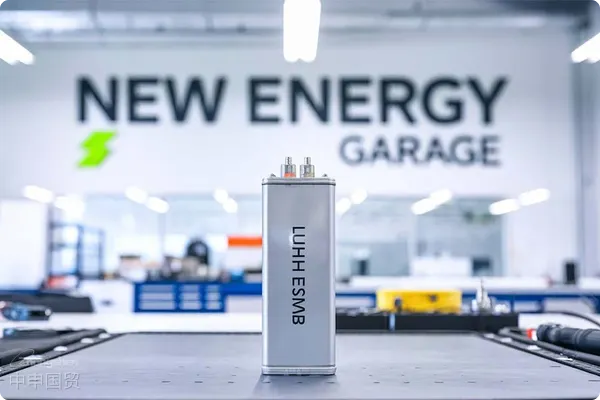- Shanghai Zhongshen International Trade Co., Ltd. - Two decades of trade agency expertise.
- Service Hotline: 139 1787 2118
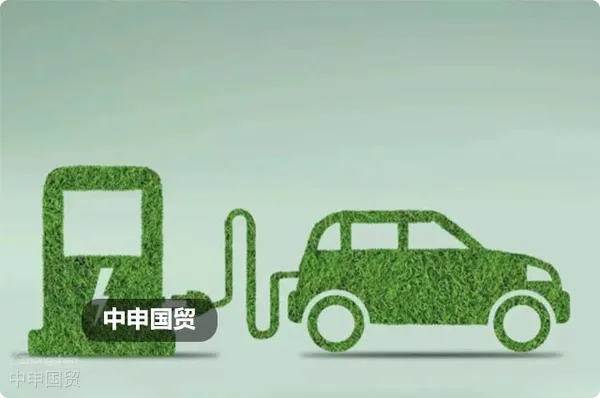
I.New energyComparison of Export Supervision between New Energy Vehicles and Traditional Fuel Vehicles
The rapid rise of new energy vehicles in the global market has made them a hot spot for exports. Compared with traditional fuel vehicles, new energy vehicles have specific requirements in export supervision. These requirements not only involve technical standards and environmental assessments but also aspects such as product safety, efficiency, and range. The following table lists the specific requirements of the two in various aspects to help you understand better.
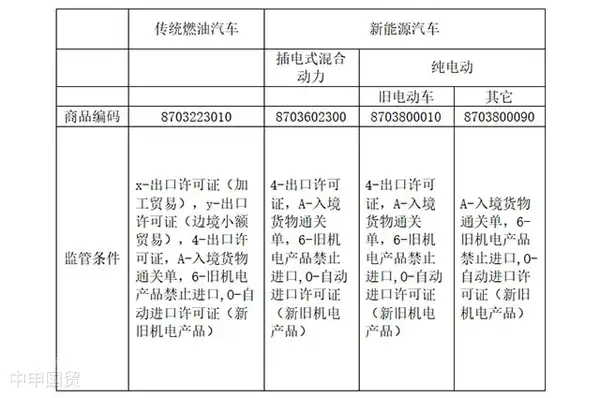
II. Declaration Risks of New Energy Vehicle Exports
For the export of new energy vehicles, customs declaration is a key link. The main risks include the accuracy of documents, the completeness of certificates, and the consistency between goods and documents. To ensure a smooth customs declaration, exporters need to ensure that all documents and certificates are completely consistent with the electronic data and that the provided licenses and other documents are true and accurate. At the same time, the content of the goods and the documents must match, and under - reporting or omitting reports is strictly prohibited.
III. Import Certification Requirements for New Energy Vehicles in the Japanese Market
As a major global automobile manufacturing country, Japan has strict standards and regulations for the import of new energy vehicles.
(1) Regulatory agencies:Japans main regulatory agencies are the Ministry of Land, Infrastructure, Transport and Tourism and the Japanese Industrial Standards Committee. These two agencies formulate and enforce technical regulations and standards for imported automobiles.
(2) Technical regulations:The automotive technical regulations system in Japan involves multiple departments, but the specific implementation and management are the responsibility of the Ministry of Land, Infrastructure, Transport and Tourism. The relevant technical regulations cover all aspects from safety to environmental performance.
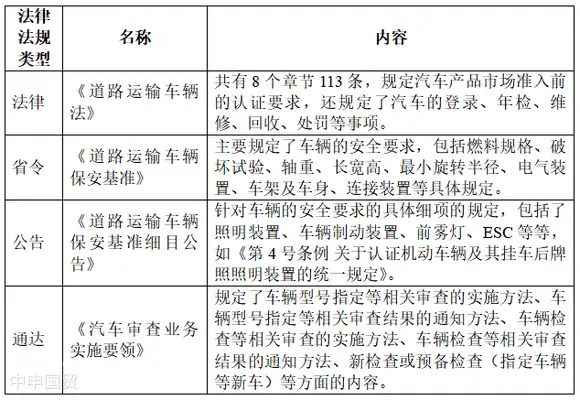
(3) Certification Process:Japan implements a government testing and approval system, namely type certification, for the import of new energy vehicles. In addition, there are also certification systems for specific situations, such as the special system for imported vehicles. The type - certification process in Japan includes all links from application to inspection and finally to approval. Among them, the materials to be submitted include vehicle name, model, applicant information, factory information, information on completed inspections, etc.
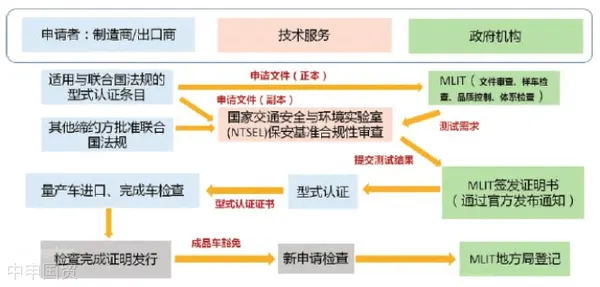
Overall, for new energy vehicle manufacturers hoping to enter the Japanese market, understanding and following the above requirements is the key to successfully entering this market.
The above content is sourced from the customs release.ZhongShen International TradeAs a one - stop importExport Representationservice provider, it can provide customizedimport and exportSolution. If you needforeign tradeFor import and export agency services, please feel free to contact our company for business inquiries. The consultation hotline is 139 - 1787 - 2118.
Related Recommendations
Category case
Contact Us
Email: service@sh-zhongshen.com
Related Recommendations
Contact via WeChat

? 2025. All Rights Reserved. Shanghai ICP No. 2023007705-2  PSB Record: Shanghai No.31011502009912
PSB Record: Shanghai No.31011502009912
